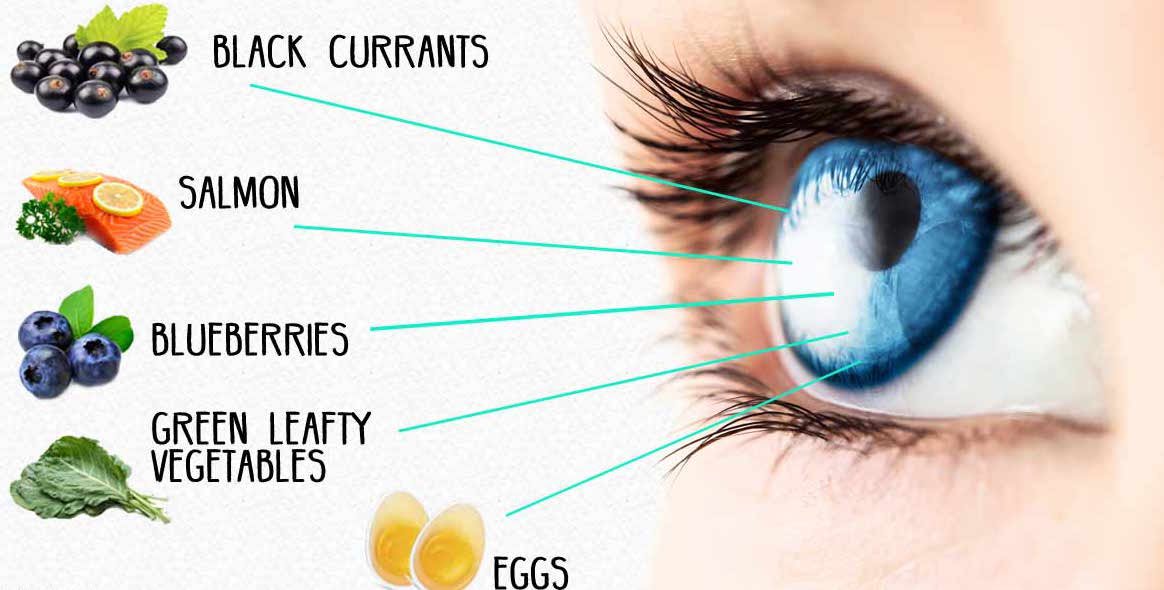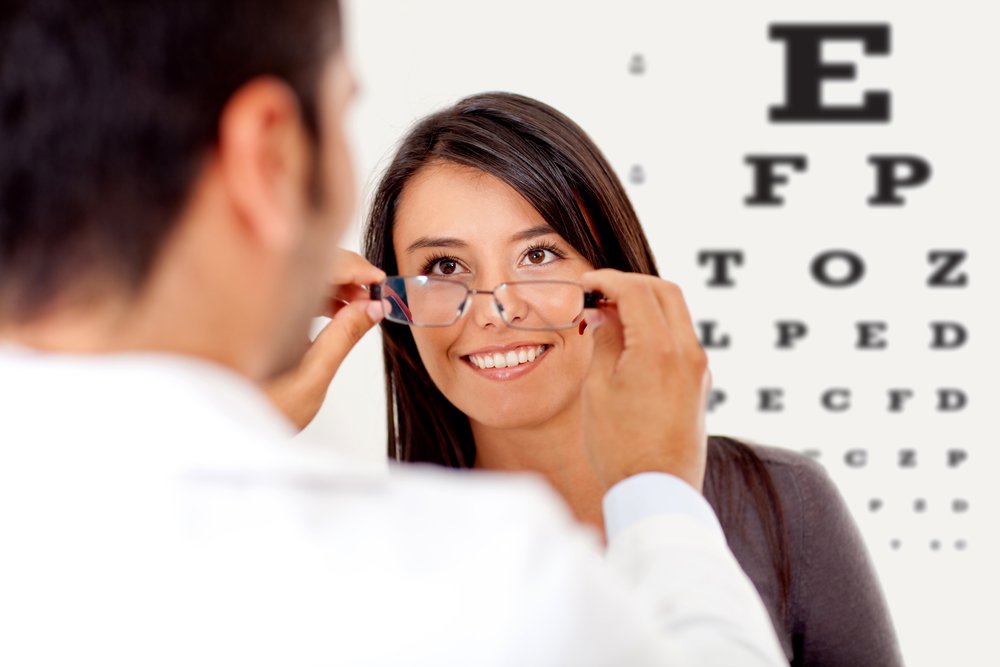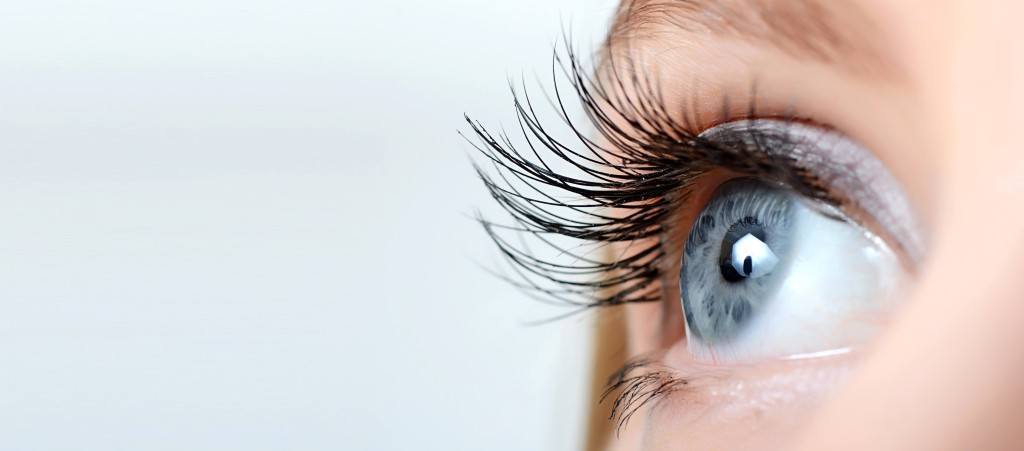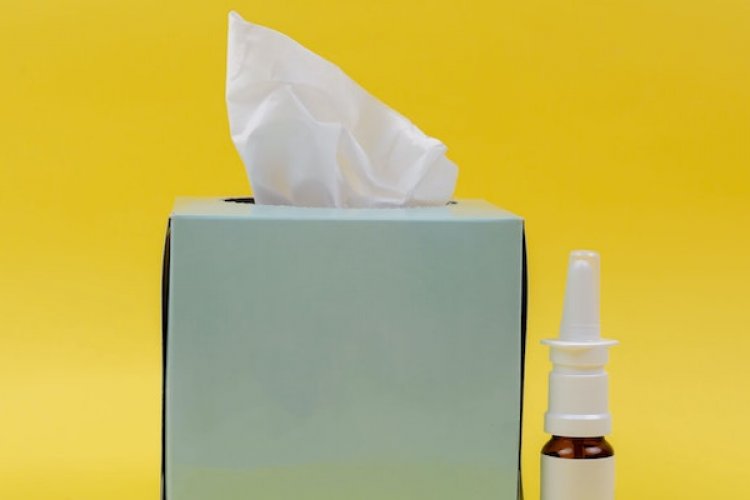Eight Tips For Maintaining Good Eye Health
After the brain, our eyes are the most complex organs in our body. A majority of all the information that we gain throughout our lives comes from visual cues such as reading, writing and observing. Thus eyes play an important role in our intellectual growth.
So, given the important functions our eyes perform for us, it would only seem logical that we’d give them the best care possible. However, we often take eye care for granted. Perhaps because there are so many myths and old wives' tales surrounding eye health, that we don’t know what really works and what doesn’t.
Here are some simple, well-researched tips for maintaining healthy eyes well into your golden years.
1. Pay attention to what’s on your plate
Studies have found that nutrients such as omega-3 fatty acids, lutein, zinc, and vitamins C and E might help prevent age-related vision problems such as macular degeneration and cataracts.

The following foods have been linked to good eye health:
- Leafy vegetables such as spinach and kale
- Oily fish such as salmon and tuna
- Non-meat protein sources such as eggs, nuts, and beans
- Citrus Fruits such as oranges and lemon
2. Maintain a healthy weight

Regular exercise along with a well-balanced diet is also important. Maintaining a healthy weight can cut down the risk of obesity related diseases such as diabetes – a leading cause of blindness in adults.
3. Limit alcohol and kick the smoking habit

It has been proven that heavy alcohol consumption increases the risk of age related macular degeneration. Smoking also makes it more likely for cataracts and optic nerve damage to occur.
5. Protect your eyes from the sun

Sunglasses aren’t just for style! Excessive exposure to the sun’s ultra violet (UV) rays increases risk of cataracts and macular degeneration. Wear sunglasses that block 99-100 percent of UVA and UVB rays. Wrap-around sunglasses that offer protection on the side are recommended for everyone, including those who wear contact lenses.
5. Use safety goggles/safety glasses

If you work with hazardous substances or if you are around excessive airborne particles, always use protective eyewear. Regular spectacles should never be used as a substitute for safety goggles (provide all-around protection from flying debris, chemical fumes) or safety glasses (provide high impact resistance, useful while working with slow moving electrical tools).
6. Look away from the computer screen

Staring at a computer screen for long periods can cause eyestrain, blurry vision, dry eyes and/or inability to focus on objects at a distance. To protect your eyes, ensure that:
- Your glasses/contact lens prescription is up-to-date
- Your monitor is placed in such a way that your eyes are at the same level as the top of the monitor

Also, remember to follow the 20-20 rule to protect your eyes – i.e.: Every 20 minutes, rest your eyes by looking 20 feet away for 20 seconds.
7. Know your family’s history of eye health

Many eye conditions are hereditary. Hence it is important to talk to your family members and know if thy have been diagnosed with any eye related diseases or conditions. It can then be discussed with your doctor to determine your range of risk for developing that particular condition and preventive steps can be taken to lower the risk.
8. Get Regular eye-checkups

Everyone including young children should have their eyes examined regularly. Having an eye test won’t just tell you if you need new glasses, it can also help spot early signs of eye conditions such as Glaucoma, even before you are aware of any symptoms.
Built on the foundations of customer convenience and satisfaction, the Ophthalmology Clinic at Sanfine International Hospital offers a variety of eye care services for your entire family.

In addition to assessing your needs for contact lenses/glasses to help with nearsightedness, farsightedness, astigmatism, and other refractive disorders, we also provide various programs to assess overall eye health.
To learn more about our services or to make an appointment, please contact us
Photos: Provided by Sanfine International Hospital







